The Iran-Contra Scandal is one of the most significant political controversies in American history. It unfolded during the 1980s and involved a complicated web of events that linked U.S. foreign policy, arms sales, and covert operations. At the heart of this scandal was President Ronald Reagan’s administration, which faced accusations of illegally selling arms to Iran and using the proceeds to fund Contra rebels in Nicaragua. This scandal not only raised questions about presidential power but also had lasting impacts on Reagan’s legacy.
Background of Ronald Reagan's Presidency
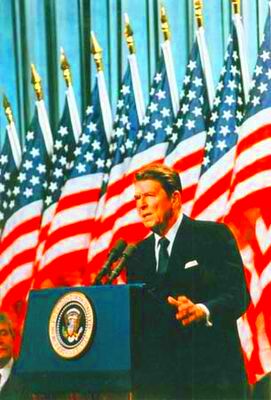
Ronald Reagan served as the 40th President of the United States from 1981 to 1989. He came into office with a vision to restore America’s strength and influence both domestically and internationally. His presidency was marked by a few key themes:
- Economic Policy: Reagan implemented supply-side economics, often referred to as "Reaganomics," aiming to boost the economy by reducing taxes and government spending.
- Cold War Dynamics: His aggressive stance against the Soviet Union included a significant military buildup and the Strategic Defense Initiative.
- Foreign Policy Challenges: Reagan faced numerous foreign policy challenges, including tensions in the Middle East and Central America, which would eventually lead to the Iran-Contra Scandal.
Initially, Reagan was popular and seen as a tough leader. Over time, however, his foreign policy decisions, especially in terms of Central America got more and more criticism which would eventually lead to the unfolding of the Iran-Contra affair.
Key Events of the Iran-Contra Scandal
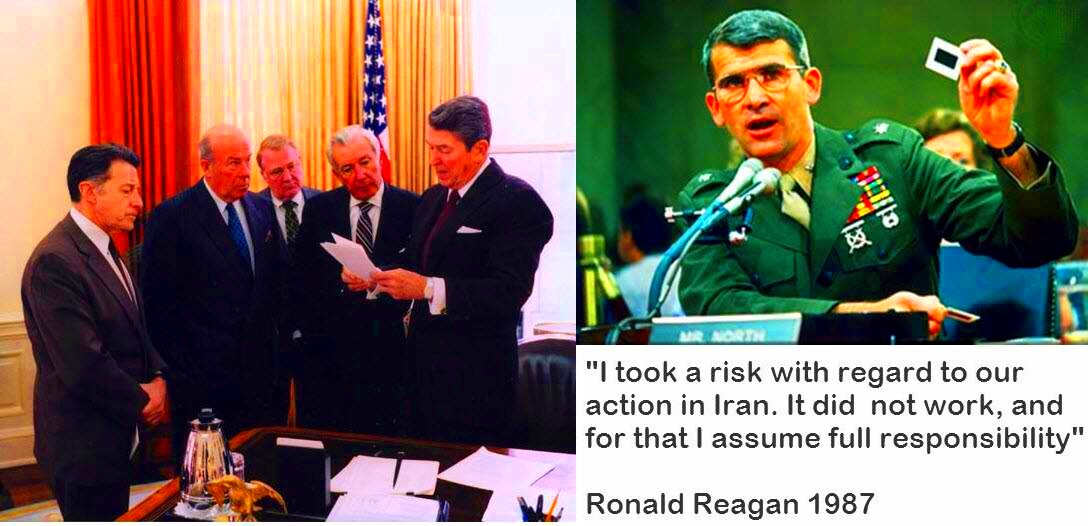
Within a span of numerous years, some vital events characterized the Iran-Contra scandal.
- Arms Sales to Iran: In 1985, the U.S. secretly sold weapons to Iran, which was at the time embroiled in a conflict with Iraq and labeled as a state sponsor of terrorism. The aim was to secure the release of American hostages held by Hezbollah.
- Funding the Contras: The profits from these arms sales were diverted to support the Contras, a rebel group in Nicaragua fighting against the Sandinista government, which was aligned with the Soviet Union. This was in direct violation of the Boland Amendment, which prohibited U.S. funding for the Contras.
- Revelation and Investigation: In November 1986, the scandal broke when a Lebanese newspaper reported the arms sales. Subsequent investigations revealed the extent of the operations and led to multiple congressional hearings.
- Reagan's Denial: President Reagan initially denied knowledge of the operations, claiming he was unaware of the illegal actions taken by his administration. However, his credibility was challenged as more evidence emerged.
Such events were not only shocking to the nation but they also sparked serious legal and ethical concerns regarding the foreign policy pursued by President Reagan’s administration.
Long-Term Effects on Presidential Reputation
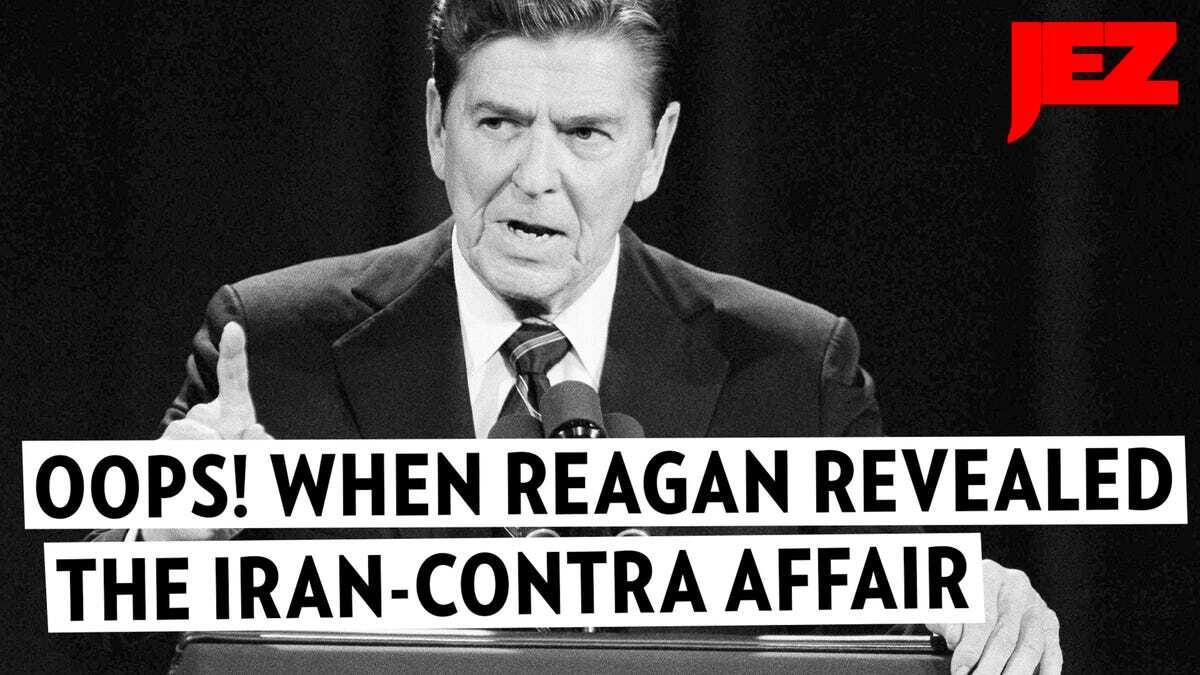
Ongoing ramifications of the Iran-Contra Scandal have shaped the perception of Ronald Reagan and influenced future presidential governance. Although most conservatives continued to admire him, Reagan’s charisma was offset by the intricacies brought about by the scandal:
- Historical Assessment: Over time, historians have debated the impact of the scandal on Reagan's legacy. Some argue that it tarnished his image, while others believe his accomplishments overshadowed the controversy.
- Public Trust in Government: The scandal contributed to a growing skepticism among Americans regarding their leaders. Trust in government declined, and many citizens became more aware of the need for transparency and accountability.
- Impact on Future Presidencies: Future presidents learned valuable lessons from the Iran-Contra affair. The scandal highlighted the importance of checks and balances, leading to increased scrutiny of executive actions in foreign policy.
- Media's Role: The media's aggressive coverage set a precedent for how political scandals would be reported. This shift in reporting style led to a more vigilant press, holding leaders accountable for their actions.
To sum it up, Reagan’s
image was not only molded by the Iran-Contra Scandal but so too did american politics and public faith get affected for years on.
Frequently Asked Questions
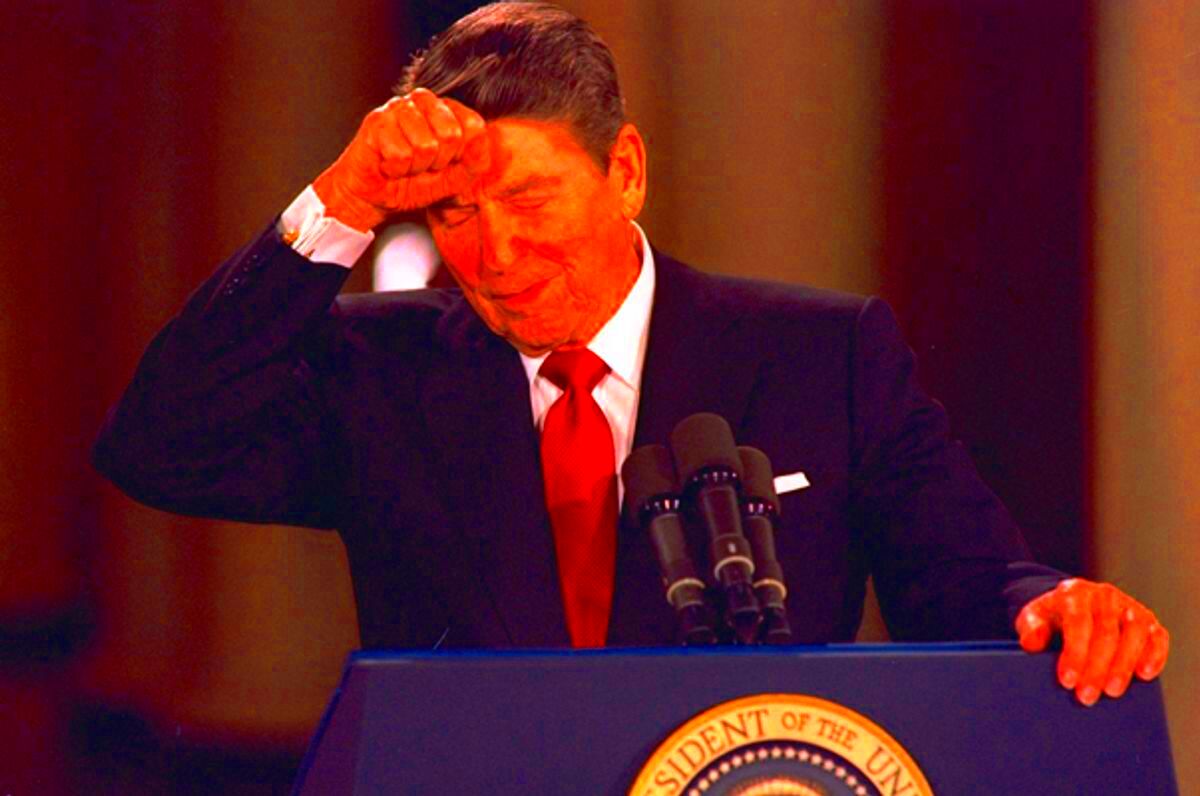
There are some frequent inquiries regarding Iran-Contra Scandal, and its repercussions to Ronald Reagan:
- What was the main issue in the Iran-Contra Scandal? The scandal revolved around the secret sale of arms to Iran and the diversion of profits to fund Contra rebels in Nicaragua, violating U.S. law.
- How did the public react to the scandal? The public reaction was one of shock and betrayal, leading to a decline in trust in government and a demand for accountability.
- Did Reagan face legal consequences? While several officials were indicted, Reagan himself was never charged with any crimes. He claimed ignorance of the illegal actions.
- How did the scandal affect Reagan's presidency? The scandal led to a decline in Reagan's approval ratings and forced him to navigate a challenging political landscape during the remaining years of his term.
Conclusion on Reagan's Image Post-Scandal
The presidency of Ronald Reagan saw significant alterations in his
image following the Iran-Contra Scandal. Although he had a group of supporters whose loyalty to him was unshakeable with respect to his policies, there was no denying that this was a dark period for his administration.
- Legacy Complexities: Reagan's legacy became a complex mix of achievements and controversies. While his economic policies and Cold War strategies garnered praise, the scandal raised questions about his decision-making and ethics.
 Ronald Reagan served as the 40th President of the United States from 1981 to 1989. He came into office with a vision to restore America’s strength and influence both domestically and internationally. His presidency was marked by a few key themes:
Ronald Reagan served as the 40th President of the United States from 1981 to 1989. He came into office with a vision to restore America’s strength and influence both domestically and internationally. His presidency was marked by a few key themes: Within a span of numerous years, some vital events characterized the Iran-Contra scandal.
Within a span of numerous years, some vital events characterized the Iran-Contra scandal. Ongoing ramifications of the Iran-Contra Scandal have shaped the perception of Ronald Reagan and influenced future presidential governance. Although most conservatives continued to admire him, Reagan’s charisma was offset by the intricacies brought about by the scandal:
Ongoing ramifications of the Iran-Contra Scandal have shaped the perception of Ronald Reagan and influenced future presidential governance. Although most conservatives continued to admire him, Reagan’s charisma was offset by the intricacies brought about by the scandal: There are some frequent inquiries regarding Iran-Contra Scandal, and its repercussions to Ronald Reagan:
There are some frequent inquiries regarding Iran-Contra Scandal, and its repercussions to Ronald Reagan: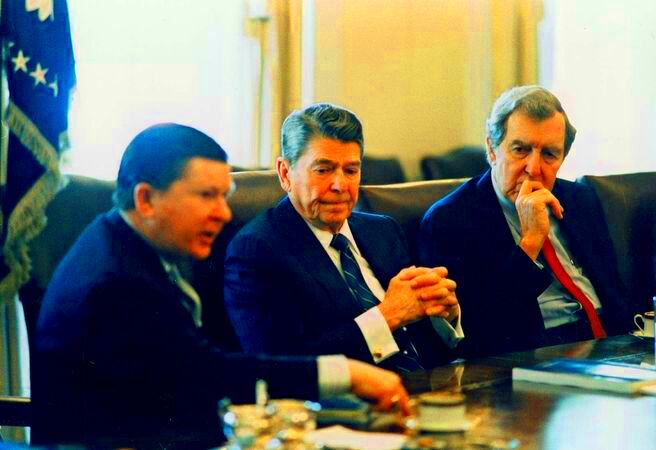
 admin
admin








